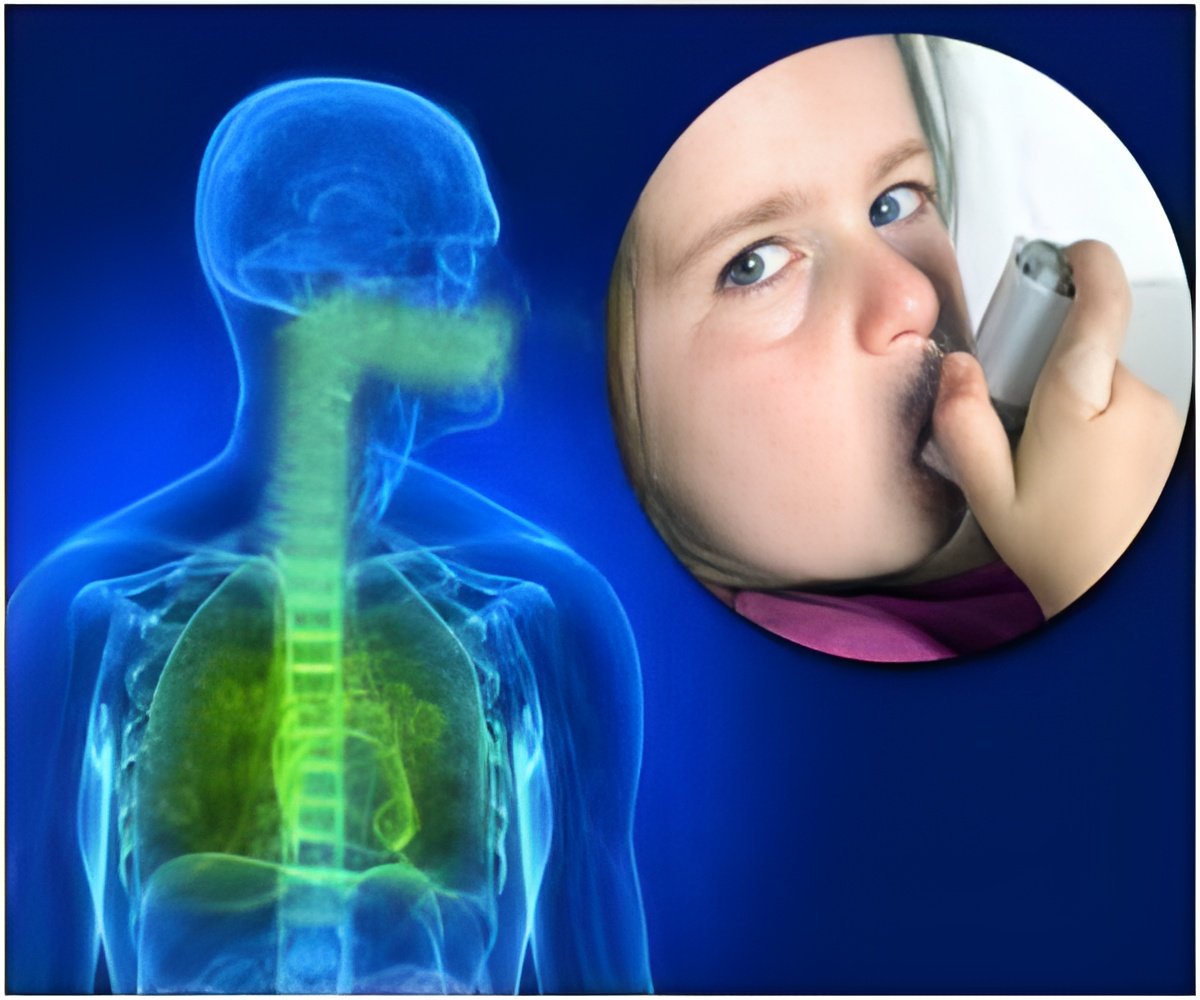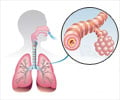A new study published in JAMA Pediatrics reveals that reduced lung function during infancy is linked with wheezing in children beyond 18 years of age.

The study by David Mullane, M.D., of University College Cork, Ireland, and colleagues included participants from a birth cohort who had been followed from one month to 18 years. At age 18 years, 150 participants were assessed and 37 participants (25 percent) had recent wheeze and 20 (13 percent) were diagnosed with asthma, according to the results.
"To our knowledge, this study is the first to report an association between reduced lung function in infancy and wheeze beyond childhood," the authors note.
In the study, a total of 143 participants were categorized as having persistent wheeze (n=13), later-onset wheeze (n=19), remittent wheeze (n=15) and no wheeze (n=96). Compared with the no-wheeze group, persistent wheeze was independently associated with reduced percentage of predicted maximal flow at functional residual capacity (V'maxFRC, mean reduction 43 percent). Compared with the no-wheeze group, persistent wheeze was also associated with atopy (a predisposition to allergic reactions) in infancy (odds ratio, 7.1); maternal asthma (odds ratio, 6.8) and active smoking (odds ratio, 4.8), according to the results.
"Unexpectedly, we observed that a reduced V'maxFRC at age one month was associated with increased risk for wheeze only in young adults who were also current smokers. These results suggest that reduced early airway function and later exposures such as smoking are important to the cause of obstructive respiratory diseases in young adults. Interventions aimed at preventing young children with asthma symptoms and reduced lung function from smoking might prevent persisting symptoms of obstructive airways disease," the authors comment.(JAMA Pediatr.
Editor's Note: This work was supported by the National Medical and Health Research Council of Australia. Please see the article for additional information, including other authors, author contributions and affiliations, financial disclosures, funding and support, etc.
Advertisement
Source-Eurekalert













